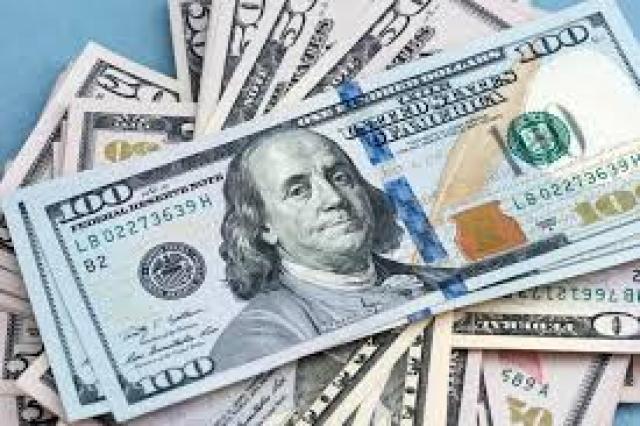A Journey Through the History of Human Exchange: From Barter to Dollar Transactions
Throughout human history, the exchange of goods and services has been an essential aspect of societal development and economic progress. From the earliest forms of direct barter to the sophisticated global financial systems of today, the evolution of human exchange reflects the complexities of human civilization.
Throughout human history, the exchange of goods and services has been an essential aspect of societal development and economic progress. From the earliest forms of direct barter to the sophisticated global financial systems of today, the evolution of human exchange reflects the complexities of human civilization.
The Origins of Barter:
The earliest form of exchange among humans can be traced back to the prehistoric era when individuals relied on direct barter to acquire goods they needed. In this system, goods were exchanged directly for other goods without the use of a common medium of exchange.

While barter facilitated trade to some extent, it had limitations, including the need for a double coincidence of wants, where both parties had to desire what the other offered.
The Emergence of Commodity Money:
As societies advanced, the limitations of barter became apparent, leading to the emergence of commodity money. Commodity money, such as precious metals like gold and silver, served as a medium of exchange due to their intrinsic value, durability, and divisibility.

Ancient civilizations, including those in Mesopotamia, Egypt, and Greece, minted standardized metal coins, marking a significant development in the history of exchange.
The Rise of Paper Money and Banking:
With the expansion of trade and commerce, carrying large quantities of metal coins became impractical. To address this challenge, early forms of paper money and banknotes emerged.

These notes represented a promise to pay the bearer a specific amount of a commodity, typically gold or silver, upon demand. The development of banking institutions further facilitated exchange by providing services such as lending, deposit-taking, and currency exchange.
In the modern era, most countries have adopted fiat currency, which derives its value from government decree rather than from a physical commodity. Fiat currency is backed by the issuing government’s authority and is accepted as legal tender for goods and services within the country’s borders. The widespread adoption of fiat currency has led to the development of sophisticated financial systems, including central banking, monetary policy, and international exchange markets.
These notes represented a promise to pay the bearer a specific amount of a commodity, typically gold or silver, upon demand. The development of banking institutions further facilitated exchange by providing services such as lending, deposit-taking, and currency exchange.
In the modern era, most countries have adopted fiat currency, which derives its value from government decree rather than from a physical commodity. Fiat currency is backed by the issuing government’s authority and is accepted as legal tender for goods and services within the country’s borders. The widespread adoption of fiat currency has led to the development of sophisticated financial systems, including central banking, monetary policy, and international exchange markets.
The Dominance of the Dollar:
Among fiat currencies, the United States dollar (USD) has emerged as the dominant global reserve currency.

The USD’s status as a reserve currency is supported by factors such as the stability of the U.S. economy, the liquidity of dollar-denominated assets, and the widespread use of the dollar in international trade and finance. Today, the dollar plays a central role in global commerce, serving as the primary medium of exchange for transactions ranging from everyday purchases to international trade agreements.
In conclusion, the history of human exchange reflects the evolution of human civilization, from the earliest forms of direct barter to the sophisticated financial systems of today. While the methods of exchange have evolved, the fundamental principles of trade, trust, and mutual benefit remain unchanged.
